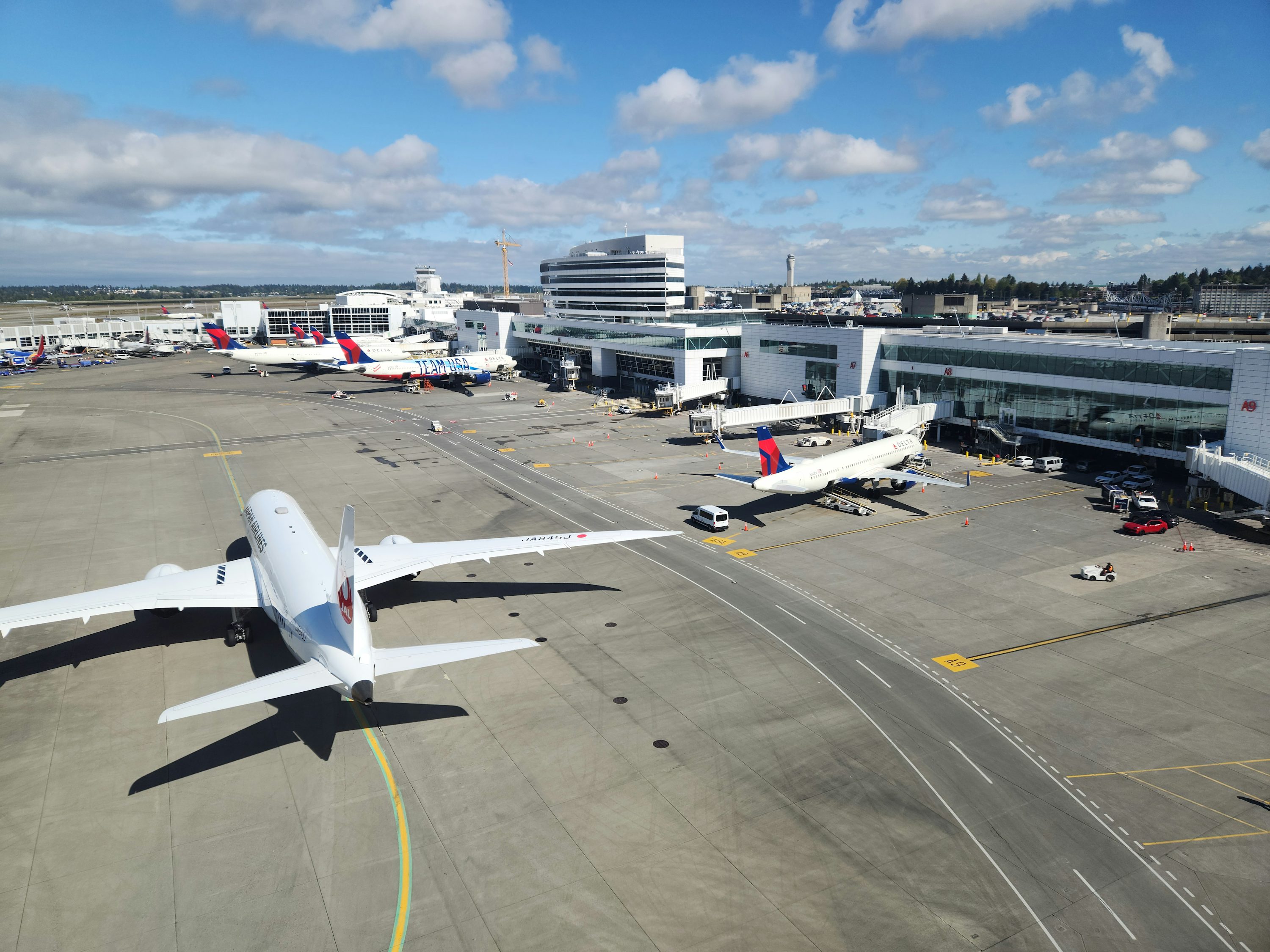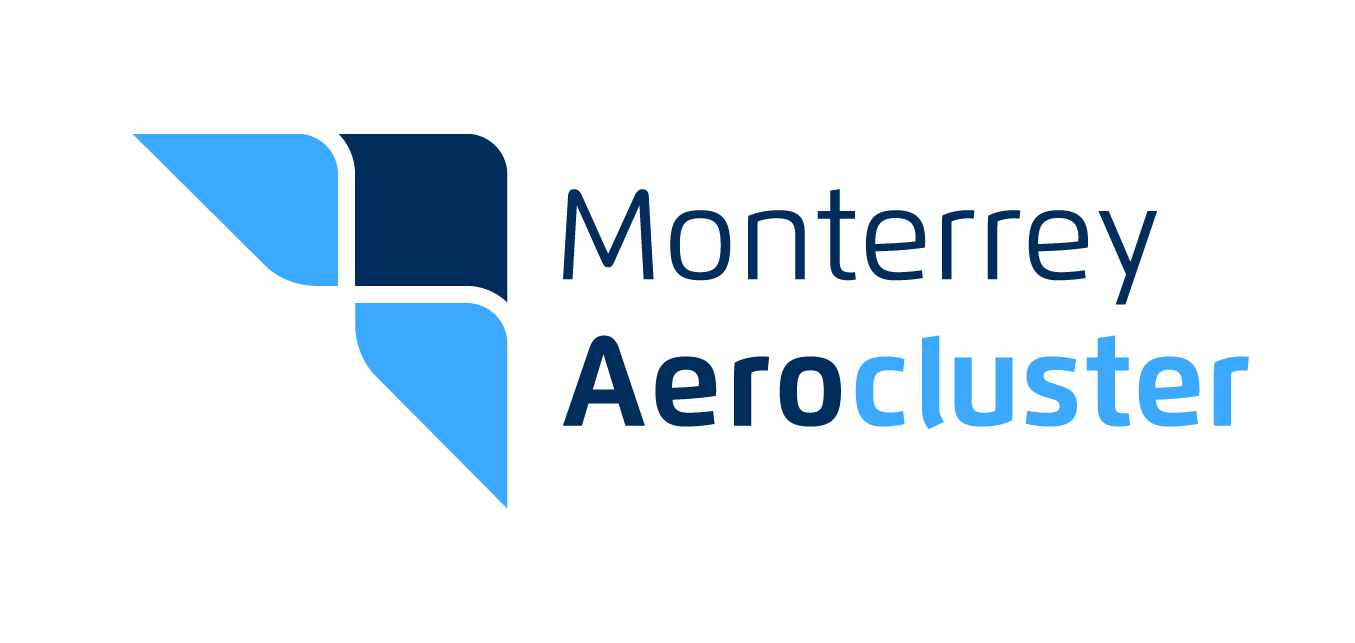
✅ 1. AS9100 (Introduction or Internal Auditor)
Who is it for?
Engineering students
Recent graduates
Quality, manufacturing, or process roles
Why it matters:
Every aerospace company uses AS9100.
If you understand it, you already speak the industry’s language.
✅ 2. APQP / PPAP
Who is it for?
Manufacturing engineering
Quality engineering
Process engineering and new product introduction
What it gives you:
A clear understanding of how aerospace processes are planned, validated, and released.
If you want to work in production, quality, or supplier development, this is your course.
✅ 3. FMEA / MSA
Who is it for?
Students aiming for quality roles
Process engineering
Anyone involved in risk analysis
Why it helps:
These tools are used to identify failures, understand risks, and ensure precision.
Mastering them gives you a strong competitive advantage.
✅ 4. Lean Manufacturing / Six Sigma (Basic Level)
Who is it for?
Almost any engineering profile
Continuous improvement, production, and operations roles
What it gives you:
Understanding efficiency, waste reduction, and process improvement.
A basic course is more than enough for your first aerospace job.
❌ Certifications You DON’T Need at the Beginning
– Green Belt / Black Belt
Expensive and unnecessary until you have real industry experience.
Expensive and unnecessary until you have real industry experience.
– Advanced software (CATIA, SolidWorks Advanced, ANSYS)
Only needed if you’re going 100% into design.
Only needed if you’re going 100% into design.
– Generic courses with no industrial focus
If they don’t mention automotive or aerospace, skip them.
If they don’t mention automotive or aerospace, skip them.

Conclusion
Conclusion
If you're starting out, focus on building a strong foundation in:
quality + processes + aerospace standards.
With these certifications, you'll be ready to compete for internships, junior roles, or your very first aerospace job.
